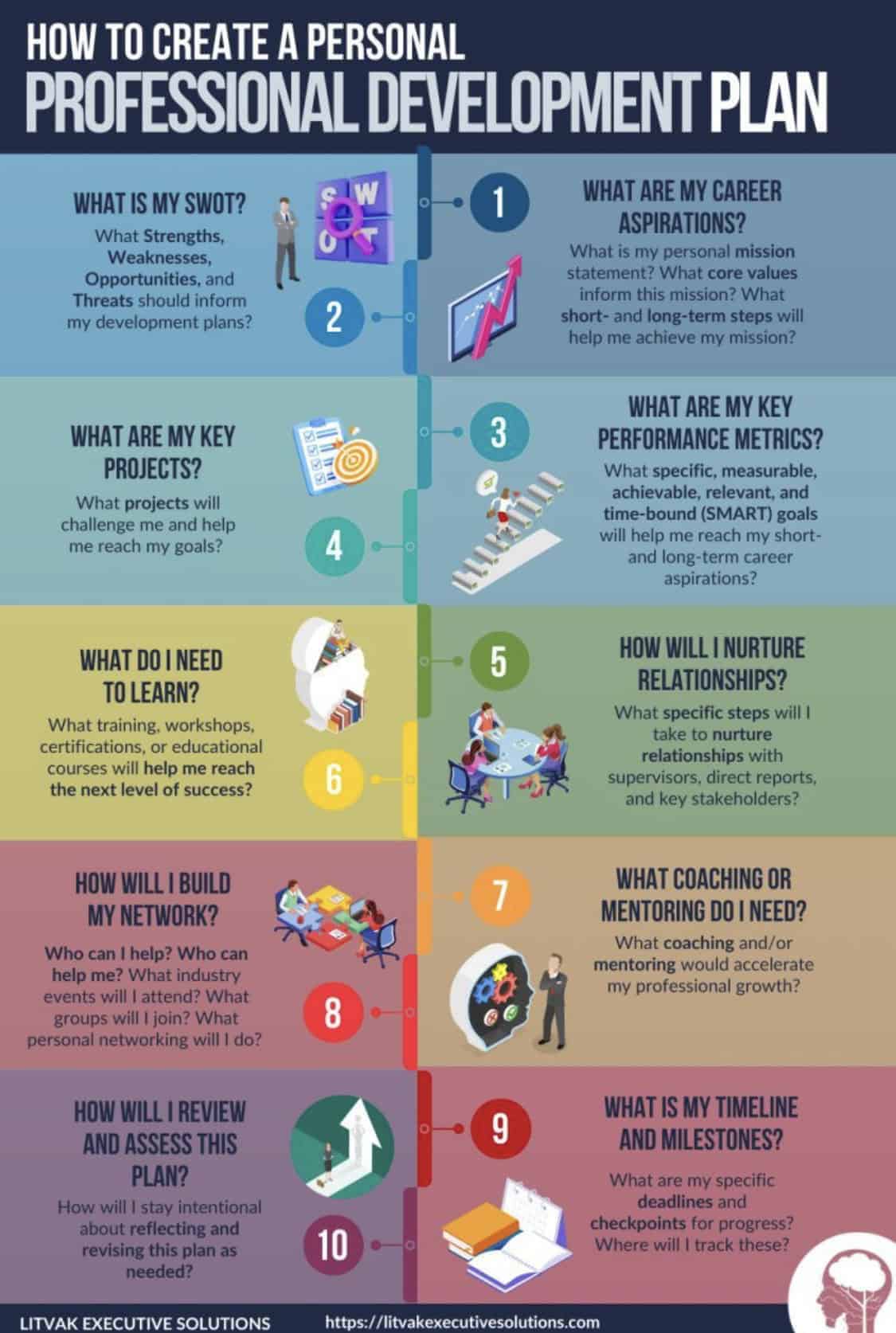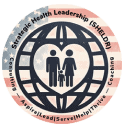Are you ready to elevate your leadership skills and make a lasting impact in health and human services?
BLIP-ZIP Executive Summary
Investing in strategic health leader development is not just a career move; it’s a transformational journey. By following a structured plan, health professionals can enhance their strategic thinking skills, improving health, wealth, and resilience for individuals, families, and communities. Plus, there’s a bonus: AI prompts to get you started!
Table of Contents
Why Strategic Health Leader Development Matters
Strategic Health Leadership and thinking are not just buzzwords, they are the cornerstone of adequate health and human services leadership. It enables professionals to lead UPSTREAM: anticipate challenges, leverage opportunities, and create sustainable solutions that enhance the health, wealth, and resilience of individuals, families, and communities.
By crafting a strategic health leader development plan, you can steer your personal and professional growth towards the broader goals of your organization and community, empowering you to take control of your career trajectory.
Steps to Create Your Strategic Health Leader Development Plan
The infographic from LiveKaizen provides a comprehensive guide to creating a personal and professional development plan. For example, consider the impact of strategic planning on health outcomes. A community health worker who invests in leadership training can better advocate for resources and support for underserved populations. A nurse who pursues advanced certifications can implement evidence-based practices that improve patient care. A social worker who builds a solid professional network can collaborate more effectively to address complex social issues. Here are the key steps, illustrated with examples from the health and human services sectors:
- SWOT Analysis: Identify your strengths, weaknesses, opportunities, and threats. For instance, Jane Doe from Community Health X leveraged her SWOT analysis to identify her unique strengths and opportunities for growth. By setting clear career visions aligned with her passion for mental health advocacy, she initiated key projects that brought transformative community programs to life.
- Career Vision: Define your career aspirations and personal mission. John Smith at TechHealth Innovations understood that continuous learning was non-negotiable. He dedicated time weekly to studying emerging digital health technologies, knowledge which he later applied to develop patient-centered apps improving healthcare accessibility.
- Key Projects: Identify projects that will challenge and help you reach your goals. For example, a team at a local health department might focus on developing a community health initiative that addresses social determinants of health.
- Learning: Determine what training, workshops, or certifications will help you succeed. Health professionals can benefit from leadership, digital health, or community health strategies courses.
- Emphasize the importance of continuous learning and networking in health leadership to keep the audience engaged and committed to their professional development.
- Coaching and Mentoring Needs: Identify what coaching or mentoring you need to accelerate your growth. Engage with experienced leaders who can offer insights and advice.
- Review Plan: Review and assess your plan regularly to ensure you stay on track. Set specific milestones and timelines to measure your progress.

Learn from those Who Have Been There and Done That.
If you want to unleash your inner upstream health leader, learn more HERE! My article exposes the shocking truth behind failing change efforts (70%!) and equips you with five powerful strategies for success. These strategies have the potential to transform your community’s health landscape. In the meantime, here are a few inspiring success stories from UPSTREAM health leaders who have made significant impacts in their fields:
- Dr. Rishi Manchanda: Upstreamist Approach (Watch Video HERE): Dr. Rishi Manchanda is known for his “upstreamist” approach to healthcare, which focuses on addressing the social determinants of health. By looking beyond immediate medical needs and considering factors like housing, food security, and employment, Dr. Manchanda has helped transform patient care.
- Dr. Mona Hanna-Attisha: Flint Water Crisis (Read More HERE): Dr. Mona Hanna-Attisha played a crucial role in uncovering the Flint water crisis. Her research and advocacy brought national attention to the lead contamination in Flint, Michigan’s water supply. Despite significant opposition, Dr. Hanna-Attisha’s persistence led to policy changes and efforts to address the public health emergency.
- Dr. Paul Farmer: Global Health Equity (Read More HERE): Dr. Paul Farmer co-founded Partners In Health, an organization dedicated to providing high-quality healthcare to impoverished communities worldwide. His work in Haiti, Rwanda, and other countries has demonstrated that effective healthcare can be delivered in resource-limited settings.
These stories highlight the profound impact that dedicated health leaders can have on their communities and the world. Their strategic thinking, advocacy, and commitment to addressing social determinants of health serve as powerful examples for current and future health professionals.
Conclusion
Don’t wait for the perfect moment, start investing in your strategic health leader development plan today. By enhancing your own capabilities, you will contribute to the broader mission of improving health, wealth, and resilience in your community. Start today and watch the ripple effects of your growth transform lives.
AI Prompts – (PS: See My Article on 5 Bold Game-Changing AI Strategies for The Transformative Health Leader In You and Your Team HERE)
- Generate Ideas: “What innovative projects can I undertake to improve community health outcomes?”
- Identify Learning Opportunities: “What certifications or courses can enhance my health and human services leadership skills?”
- Build Networks: “How can I effectively build and leverage my professional network in the health sector?”
How are you planning to develop your strategic health leadership skills? Share your thoughts and experiences in the comments below!




